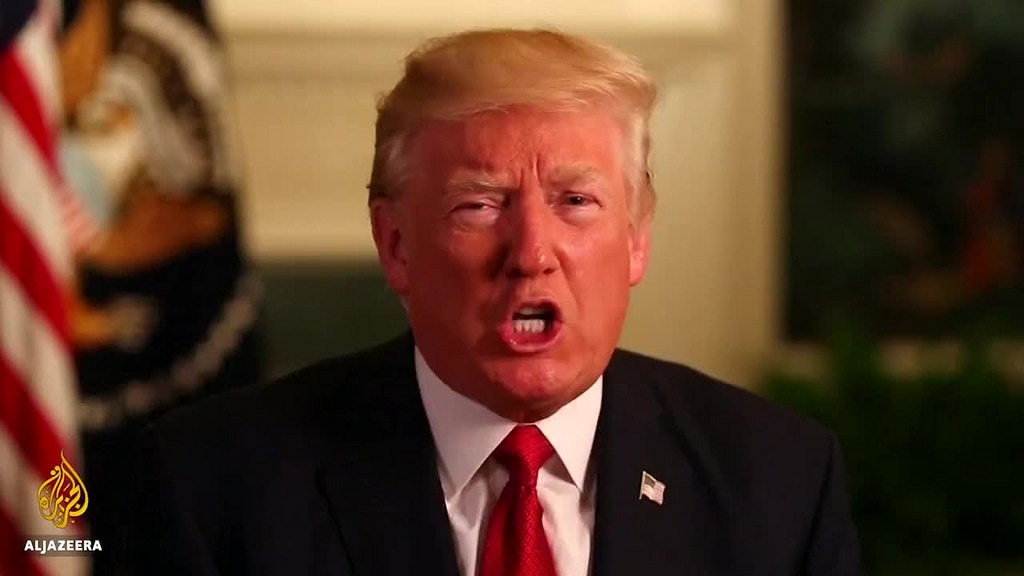| Only four years ago, Americans were outraged that the National Security Agency was secretly gathering information on American’s phone calls and emails, in a broad data sweep we were told would make anti-terrorism efforts more effective. Ah, the good old days. Now it is the White House that is looking for |
| | information about you, because … well, who really knows? But should we be any less outraged about this? The president wants to prove massive voter fraud in an election where, beyond any reasonable doubt, he was the winner, and where no credible information exists to suggest fraud. Remember when Barack Obama kept confronting questions about government surveillance by saying we needed a national dialog? So, who wants to talk about this? Where would we even begin? Utah Lt. Gov. Spencer Cox is talking about it. His job description includes overseeing the state’s elections. He made headlines last week when he turned down a request by President Trump’s Advisory Commission on Election Integrity for the last four digits of the Social Security numbers of voters, their driver license numbers, the parties to which they belong, their criminal records, the elections in which they have voted since 2006 and their military status. You want our what, Mr. President? Isn’t it hard enough to get people to vote without threatening this kind of intrusion? Cox will give everything else the administration wants, but he doesn’t have much choice. Basic voter information is public. Granted, the commission, headed by Vice President Mike Pence, says it wants information only if it is available under state laws. But the request has touched a nerve in the never-ending struggle between state’s rights and the federal government, as well as in the struggle for privacy against Washington’s power. This is a recurring struggle throughout American history, albeit never with a twist as bizarre as this. “It is the duty of my office to protect certain private voter information – we will not share any protected data with the Commission,” Cox said in a statement available on his website. “…I assure the voters of Utah that we will only provide information that is otherwise available to the public.” The secretary of state for Mississippi, Delbert Hosemann, also a Republican, wasn’t quite so polite. "My reply would be: They can go jump in the Gulf of Mexico, and Mississippi is a great state to launch from," USA Today quoted him saying. Southerners do have a way with words. Of course, conducting a probe into possible voter fraud is not on the same scale as the NSA secretly gathering information on everyone just to, hopefully, catch the guilty few and protect the nation from attack. But that’s because national security, even when conducted in such a distasteful way, is arguably a noble goal. What does the president want with your driver license number? If he’s this concerned with proving fraud, will his commission provide a credible report? This is, in many ways, the proverbial teapot tempest. About half the states are refusing to provide information that clearly is public. If push comes to shove, the administration likely would win legal cases to obtain the information. But in the meantime, basic, public information isn’t likely to tell the commission much, anyway. For a Republican president, this hardly seems like an issue worth raising the hackles of states’ rights advocates, who tend to be Republicans. “There is no evidence whatsoever of any voter fraud in the state of Utah,” Cox told the Deseret News. He also said he gets concerned “anytime the federal government gets involved” in an issue states handle. The beauty of the American election system is that it is governed separately and independently by states and, in most cases, counties. This makes widespread voter fraud difficult, if not impossible. That’s not to say the nation’s history is free from examples of election fraud. It is to say that a White House that wants to snoop on personal information should be treated with the same, or even more, suspicion than the NSA. Americans don’t like to be pushed around by Washington, no matter who is in charge. Cox was right to keep your private data secure. |


 RSS Feed
RSS Feed

